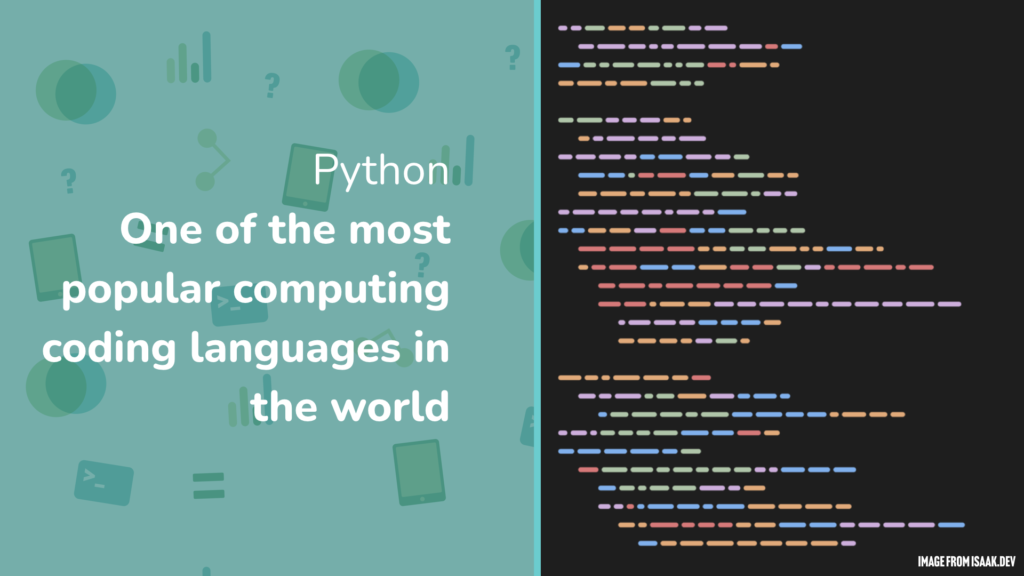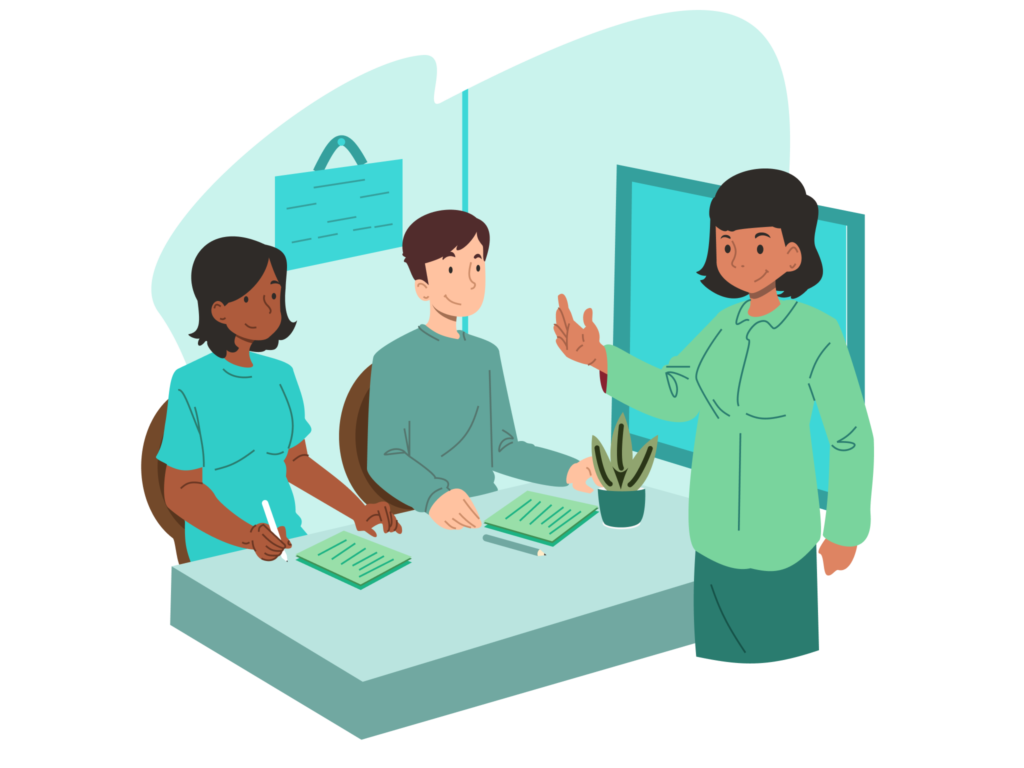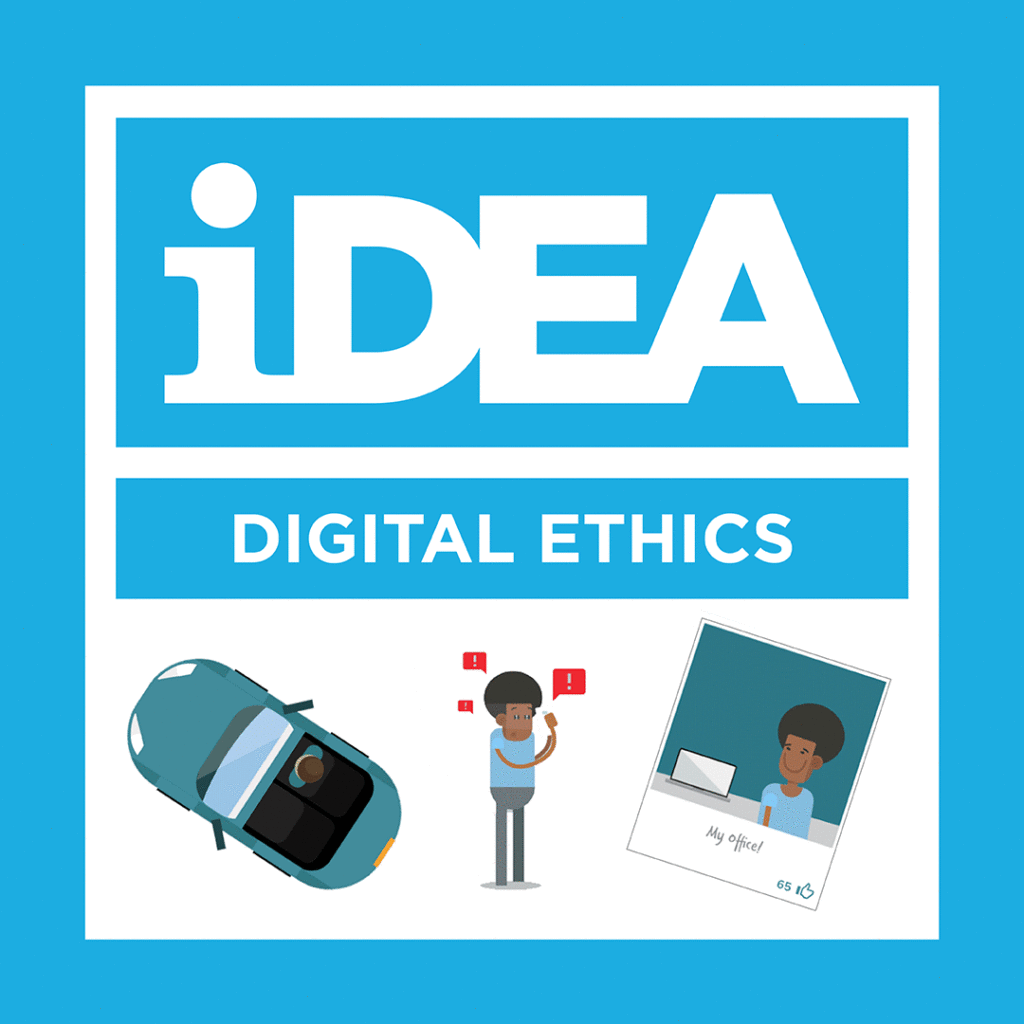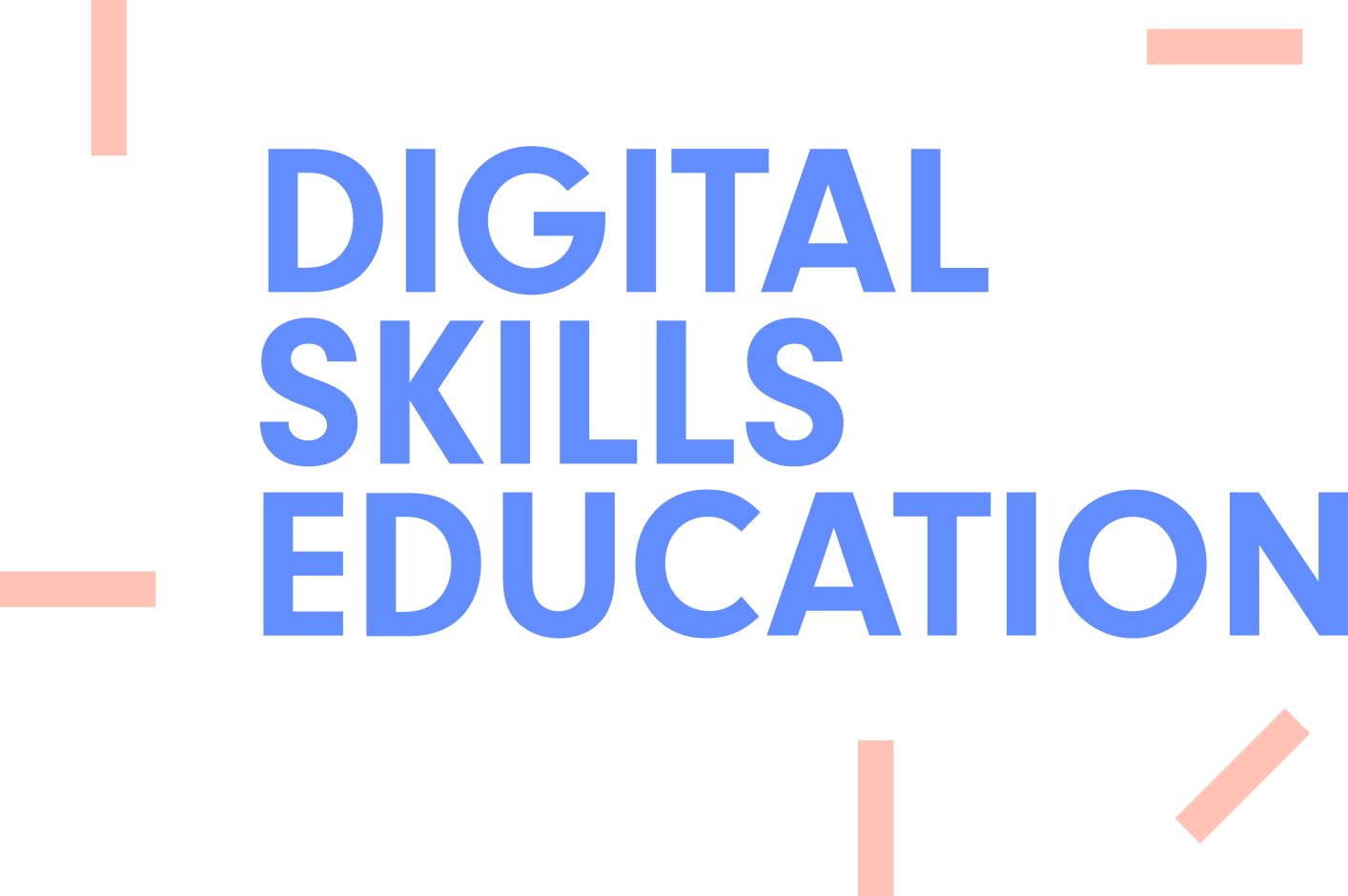Interactive learning activity
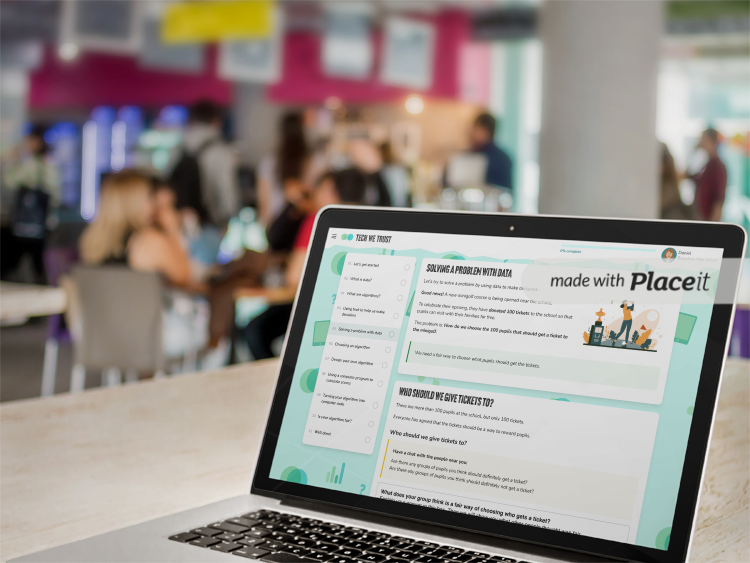
The Tech We Trust interactive learning activity allows your class to explore and complete the learning materials at their own pace.
Follow the on-screen instructions to get hands on with data, algorithms, and programming a decision making algorithm in Python.
The resource is designed for one-learner to one-device, although pairs and groups can still follow together.
No software is required, only a modern web browser like Google Chrome or Mozilla Firefox. For the best learning experience, use a laptop or tablet with a keyboard.
